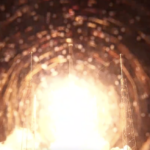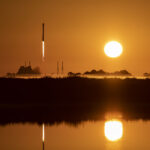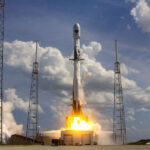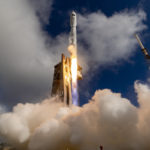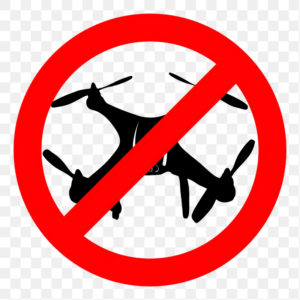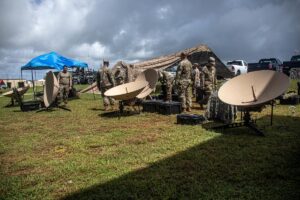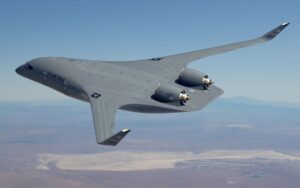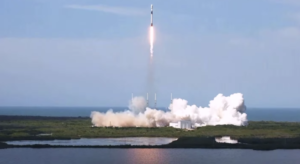
A SpaceX Falcon 9 rocket launched the newest GPS III satellite, Space Vehicle 03 (SV03), for the U.S. Space Force (USSF) from Cape Canaveral Space Launch Complex-40 in Florida on Tuesday at 4:10 p.m. EST. The payload separated at 5:40 p.m., 1 hour and 29 minutes after liftoff. The launch marked the second time a Falcon 9 carried a GPS III satellite into space; SpaceX served as the provider for the first satellite’s launch in December 2018, while the second satellite was launched on a United Launch…

 By
By 